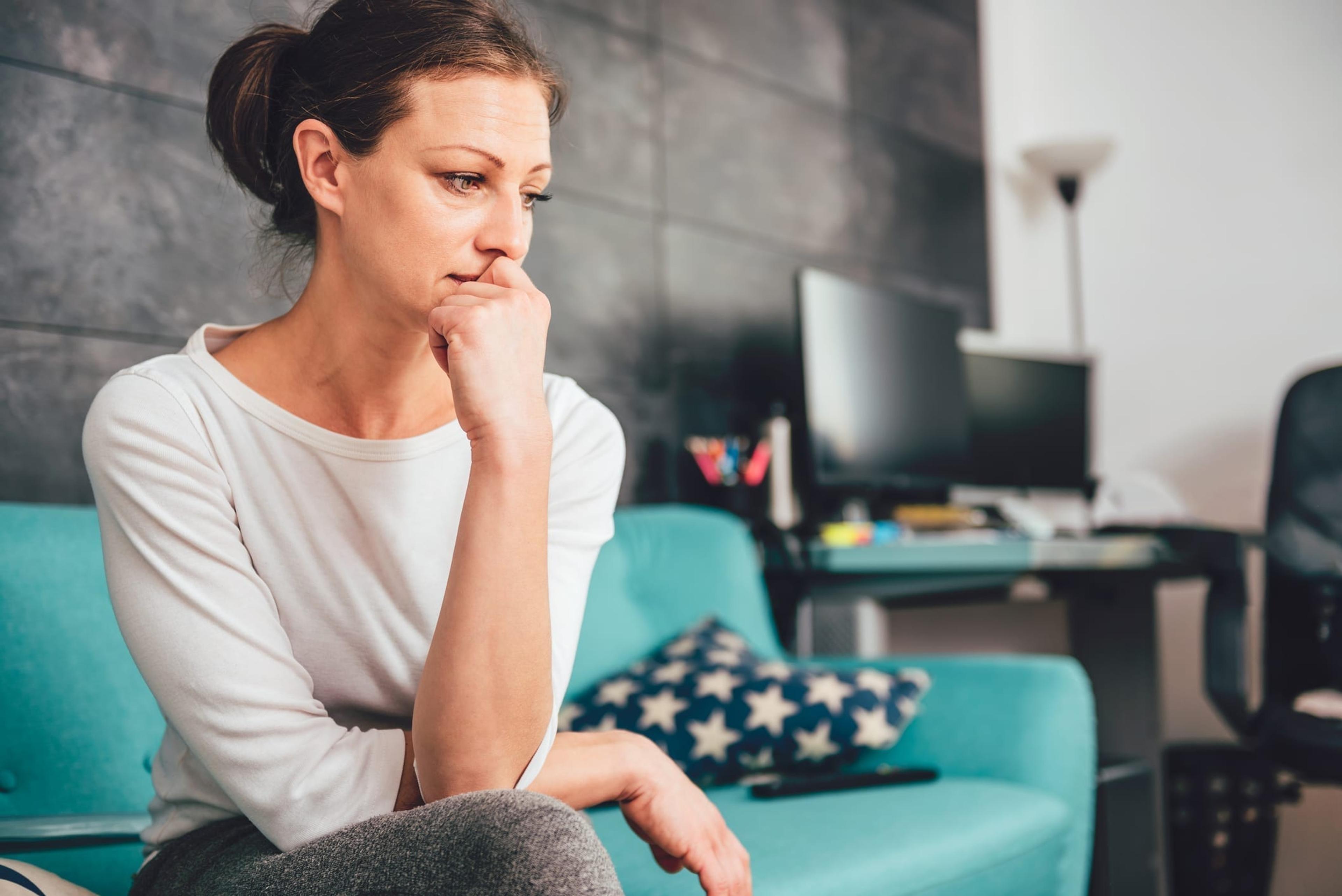Managing Social Anxiety During and After COVID-19
Krystal Clark
| 2 min read

Throughout COVID-19, social distancing and self-isolation have been key to slowing its spread. But as states reopen, many may struggle with what’s considered the “new normal.” Since the future’s unknown, it’s natural to feel overwhelmed, scared or even paranoid. Common Fears Surrounding COVID-19 Currently, the U.S. has more COVID-19 cases than any other country in the world. Yet, there’s still no vaccine, which leaves millions vulnerable to severe illness or even death. This level of uncertainty can amplify feelings of anxiety regarding the safety of the general public. During quarantine, people are encouraged to set and enforce boundaries like maintaining distance and respecting one’s personal space. While countless people have benefited from these restrictions, as they’ve created a more controlled and trusted environment, it’s possible this collective experience will make it more difficult to return to our old lives. How to Adjust to a Post-Pandemic Society
- Take it one day at a time: COVID-19 will not disappear overnight. Therefore, you shouldn’t expect an immediate shift in day-to-day activities. Most government leaders are implementing a slow and steady approach to reopening their facilities.
- Focus on your own routine: It’s important to maintain some consistency during this transition. Quarantine has led many people to find healthy and productive hobbies such as reading, running and cooking. Continue to engage in activities that bring you joy. Don’t get distracted by what you can’t control, focus on what you can.
- Make your health a priority: Stay vigilant and practice the recommended safety precautions while at home and in public. This includes regular handwashing, avoiding crowded places and wearing a mask and gloves when necessary. This will significantly reduce one’s risk of contracting or spreading the virus while in communal areas.
- Take media breaks: For months, COVID-19 has dominated the news cycle. To avoid burnout, take breaks so you can recharge and reset. Turn off the TV, put down the phone, and unplug from the media. Use this time to check in with yourself and restore balance.
- Find a mental health professional: If you’re still unable to manage social anxiety symptoms, reach out to a mental health professional. Blue Cross members can call the behavioral health number on the back of their insurance ID card and find a licensed clinician to help address their needs.
Read more:
- Coronavirus Outbreak: What You Need to Know
- COVID-19: How to Wear a Mask and Gloves the Right Way
- How to Stay Safe While Grocery Shopping and Ordering Takeout
Photo credit: Kerkez





